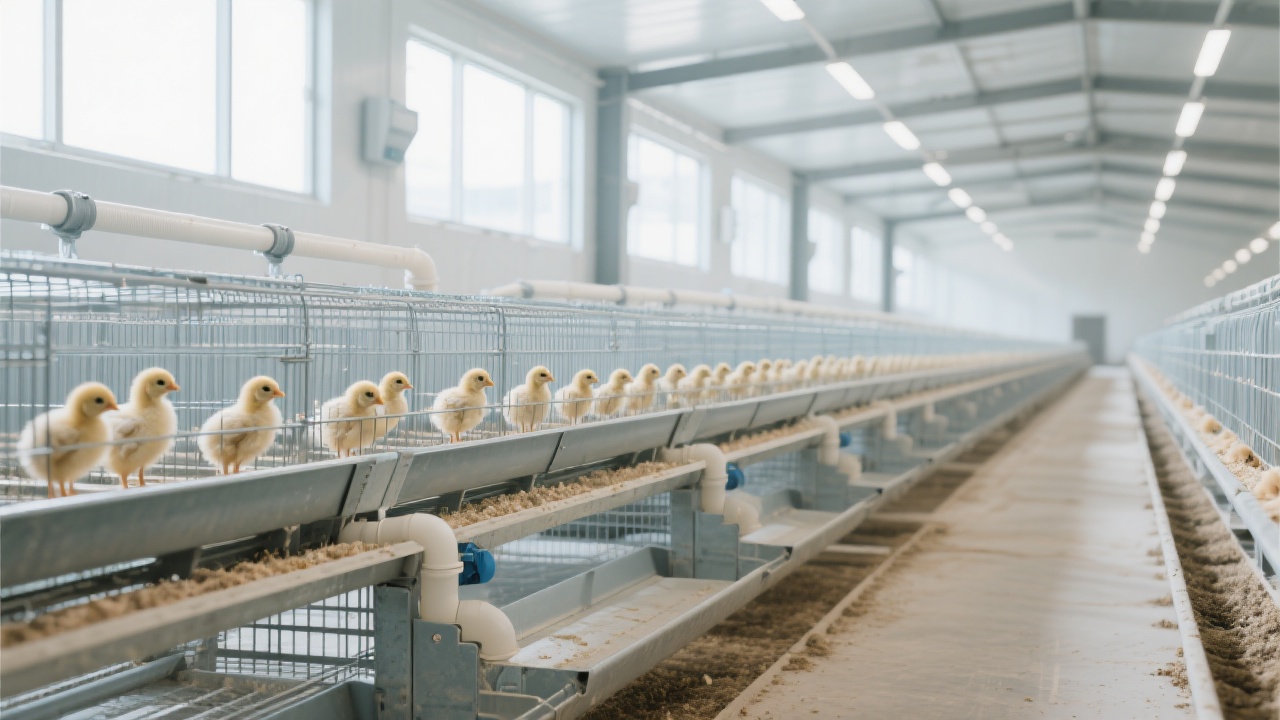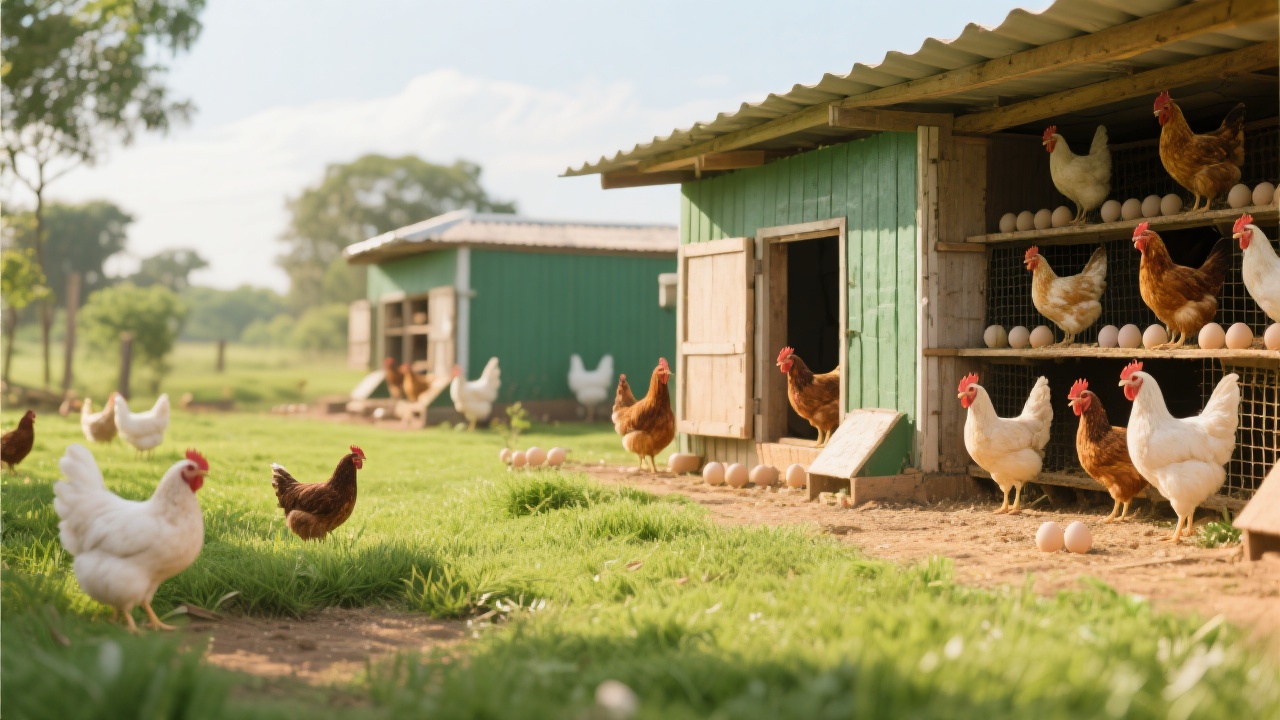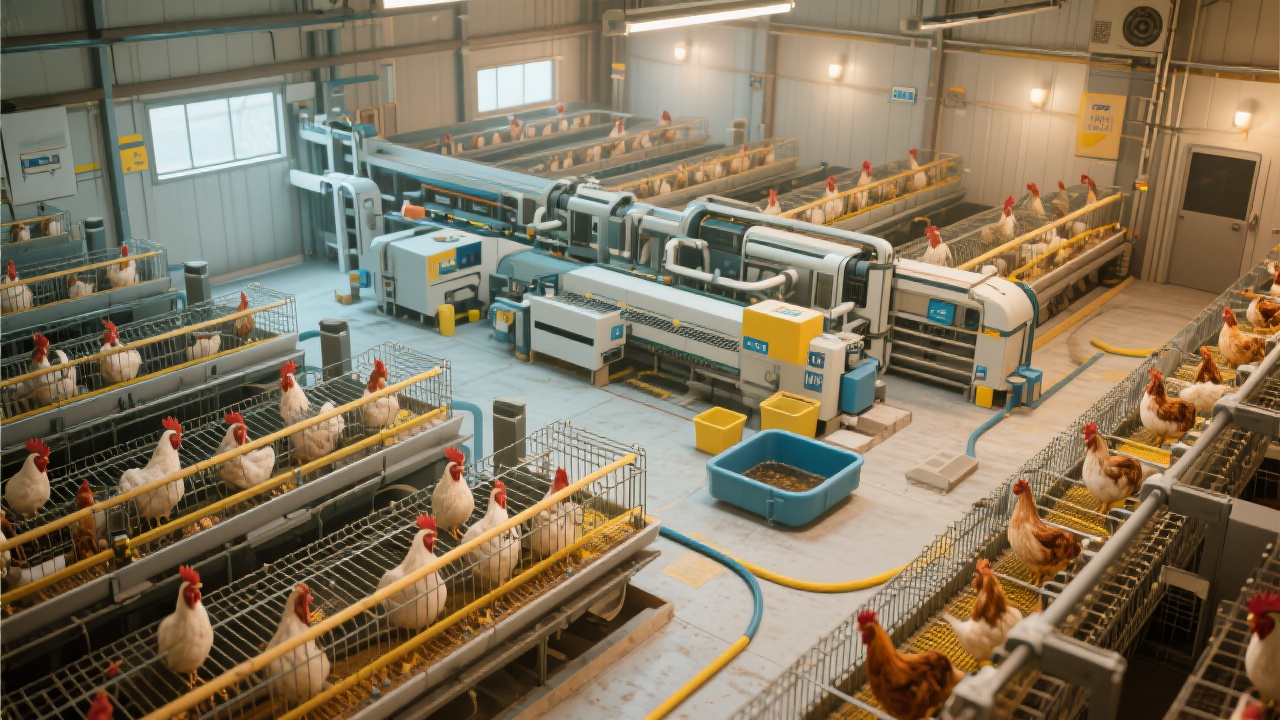
In the egg - laying industry, the service life of laying hen cages is a crucial factor that directly impacts the economic efficiency of farms. A longer - lasting cage can significantly reduce the frequency of equipment replacement, thereby lowering the overall investment cost. For instance, a medium - sized egg farm that replaces cages every 5 years may spend approximately 30% more on equipment compared to a farm that can extend the cage's service life to 15 years. This cost difference directly affects the farm's profit margin.

Q235 steel is a commonly used material for laying hen cages. It has excellent strength and toughness. The yield strength of Q235 steel is about 235MPa, which can withstand the weight of hens and daily operations in the cage. Its good ductility also allows for easy processing into various cage shapes, meeting different design requirements. Moreover, Q235 steel has a relatively low cost compared to some high - strength steels, making it a cost - effective choice for large - scale cage production.
To further enhance the durability of Q235 steel cages, corrosion protection processes are essential. Two common methods are hot - dip galvanizing and aluminum - zinc alloy coating.
| Process | Protection Mechanism | Advantages | Disadvantages |
|---|---|---|---|
| Hot - Dip Galvanizing | The zinc layer forms a physical barrier to prevent oxygen and moisture from contacting the steel, and zinc can also provide sacrificial anode protection. | Good corrosion resistance, relatively low cost, and long - term protection. | The coating may be uneven in some complex - shaped areas, and the appearance may not be as smooth as other coatings. |
| Aluminum - Zinc Alloy Coating | The alloy layer combines the advantages of aluminum and zinc, providing better corrosion resistance in harsh environments. | High corrosion resistance, especially in coastal or high - humidity areas, and a smooth appearance. | Higher cost compared to hot - dip galvanizing, and requires more advanced coating technology. |

In addition to proper material selection and corrosion protection, daily maintenance is also crucial for extending the service life of laying hen cages.
Connectors are the key parts that ensure the structural stability of the cage. They should be inspected at least once a month. Loose or damaged connectors should be tightened or replaced immediately. A study shows that about 20% of cage failures are caused by connector problems.
Drainage channels should be cleaned every two weeks. Accumulated feces and debris in the channels can cause waterlogging, which accelerates the corrosion of the cage. The cleaning process involves flushing the channels with clean water and using a brush to remove stubborn dirt.

A large - scale egg farm in the Midwest of the United States adopted Q235 steel cages with hot - dip galvanizing and strict maintenance procedures. By regularly inspecting connectors and cleaning drainage channels, they successfully extended the cage's service life from the original 8 years to over 15 years. This not only reduced their equipment investment by about 40% but also improved the stability of egg production due to the stable cage structure.
If you are looking for high - quality laying hen cages that can be used for a long time and professional guidance on cage maintenance, click here to learn more. Our team of experts is ready to provide you with customized solutions.
